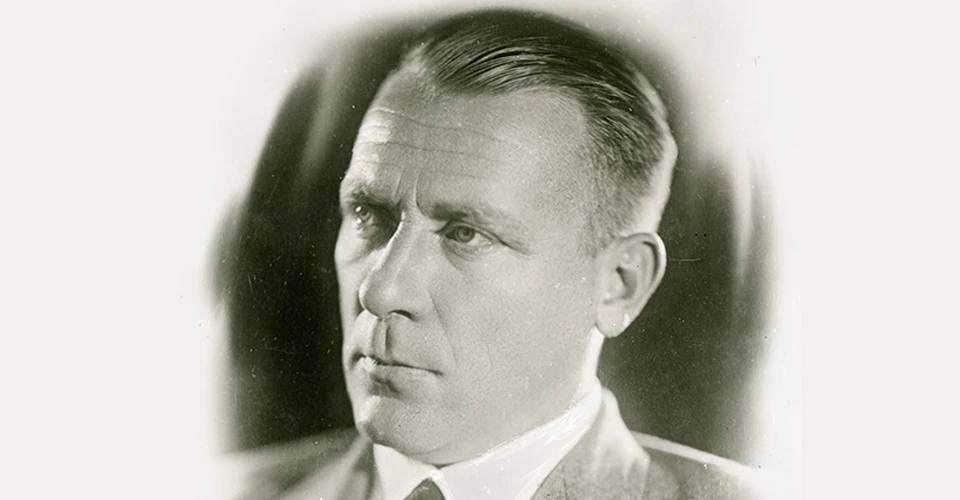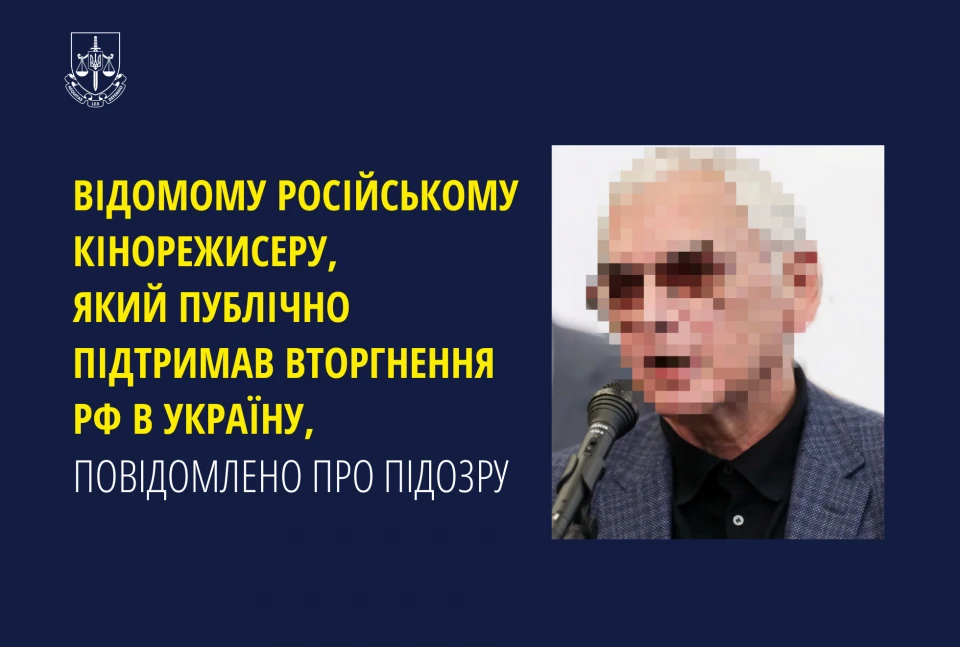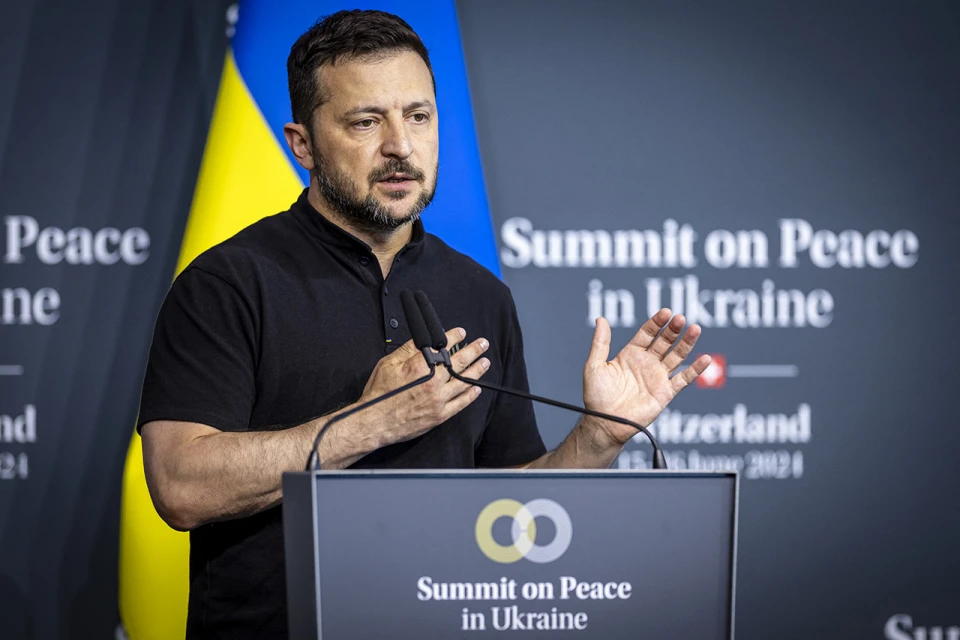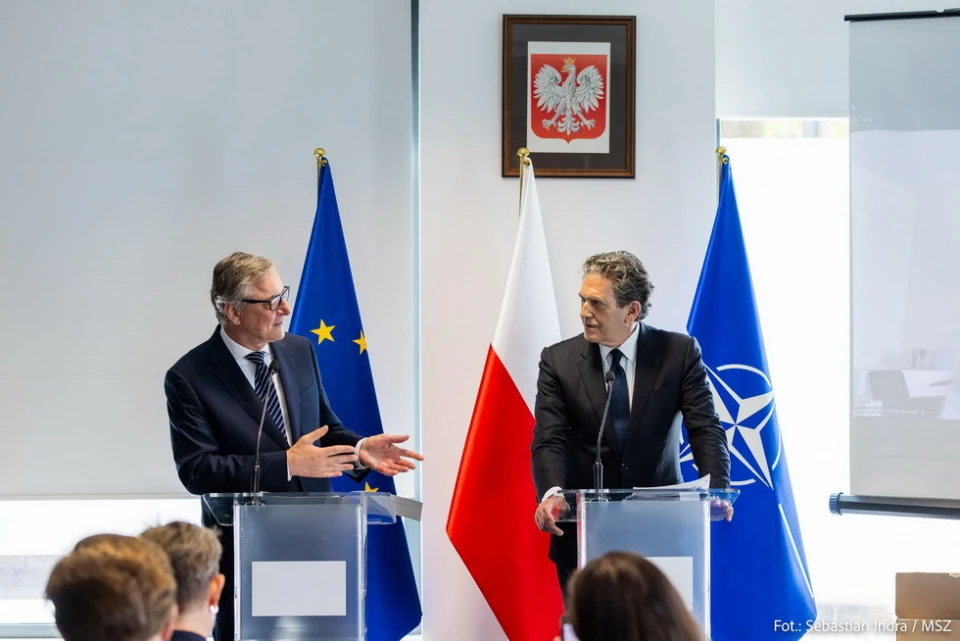Standing closest to putinism's ideologemes: Institute of National Remembrance releases conclusion on Bulgakov

The UINM explained why the use of Mikhail Bulgakov's name in different titles and the existence of monuments erected in his honor is propaganda for russian imperial policy
About it writes espreso.tv
The Ukrainian Institute of National Memory (UINM) has published a professional opinion on whether monuments, museums, memorial signs and names dedicated to russian writer Mikhail Bulgakov belong to the symbolism of russian imperial policy.
The expert examination was conducted to find out whether the objects dedicated to the russian writer fall under the requirements of the law on condemnation and prohibition of propaganda of russian imperial policy in Ukraine and decolonization of toponymy.
According to the UINM opinion, the russian writer declared disdain for Ukraine, despite the fact that he was born and lived in Kyiv for 30 years.
"Mikhail Bulgakov is an imperialist in outlook, an ardent Ukrainophobe. The writer, despite the years of living in Kyiv, despised Ukrainians and their culture, hated the Ukrainian desire for independence, spoke negatively about the formation of the Ukrainian state and its leaders. Among all russian writers of that time, he is the closest to the current ideologemes of putinism and kremlin justification of ethnocide in Ukraine. World outlook was on the positions of russian imperialism, White Guard, approved the expansion of russian communism," the Institute of National Memory noted.
It is noted that the writer was biased towards the Ukrainian world, and there is not a single positive Ukrainian character in his works. He "parodies or mockingly distorts the Ukrainian language, makes fun of the Ukrainian autocephalous church, and denies the very existence of the Ukrainian nation."
"Bulgakov's descriptions of the soldiers of the UNR Army ("Petlyurovtsy") are the source of later caricatured depictions of them in the Communist press, and after the writer's complete rehabilitation in the USSR, his texts, which supported the paradigm of russian chauvinism, contributed significantly to the formation of the anti-Ukrainian campaign in the russian federation, and became one of the catalysts of today's russian-Ukrainian war. The anti-human discourse of the story "I Killed" (1926) fully resonates with the narratives of current kremlin propagandists dugin, solovyov, skabeeva and is the prototext of today's calls for the destruction of Ukrainians," the professional conclusion says.
The UINM noted that Bulgakov's work is directly linked to the glorification of russian imperial policy and unconcealed Ukrainophobia. Members of the expert commission of the Ukrainian Institute of National Memory believe that the assignment of his name to geographical objects, as well as the establishment of monuments and memorial signs in his honor in Ukraine, was the embodiment of russification.
The UINM summarized that all objects dedicated to the russian writer contain the symbolism of russian imperial policy, so the further use of Bulgakov's name in the names of geographical objects and legal entities, the presence in public space of monuments and memorial signs established in his honor is the embodiment of russification.
In May 2023, the Museum of History of Kiev renewed the memorial plaque "to the outstanding Kyiv citizen Mikhail Bulgakov".














